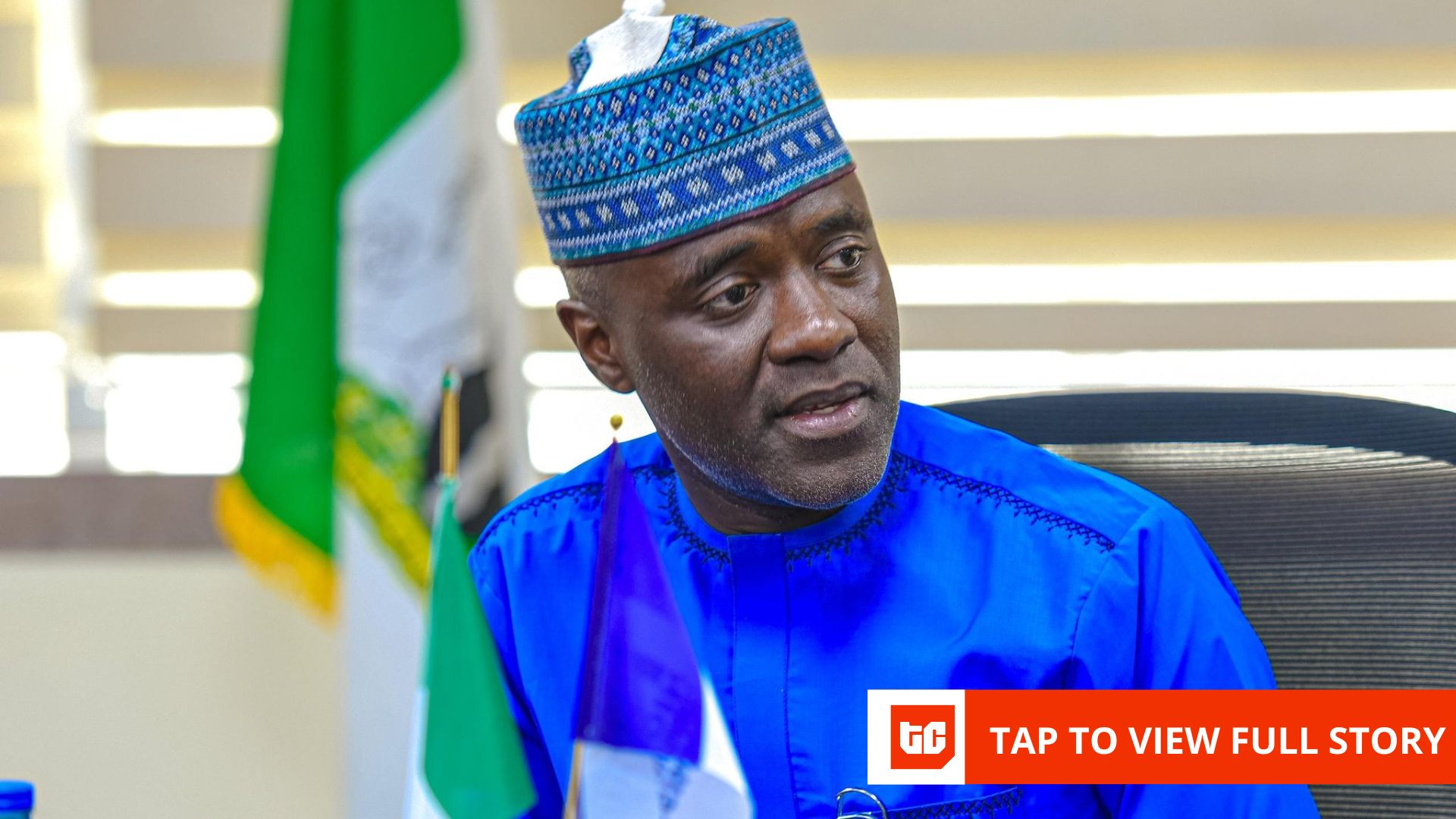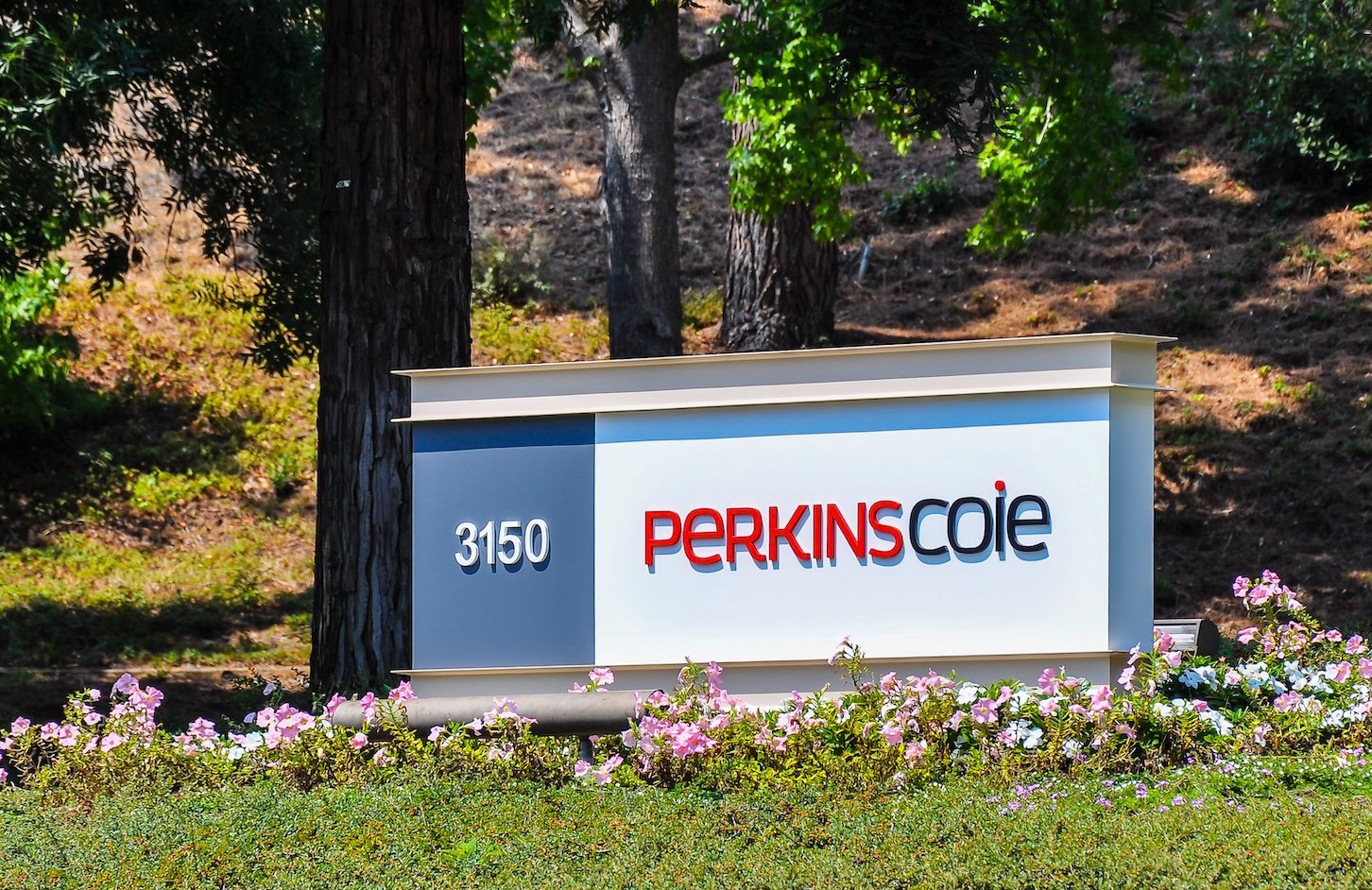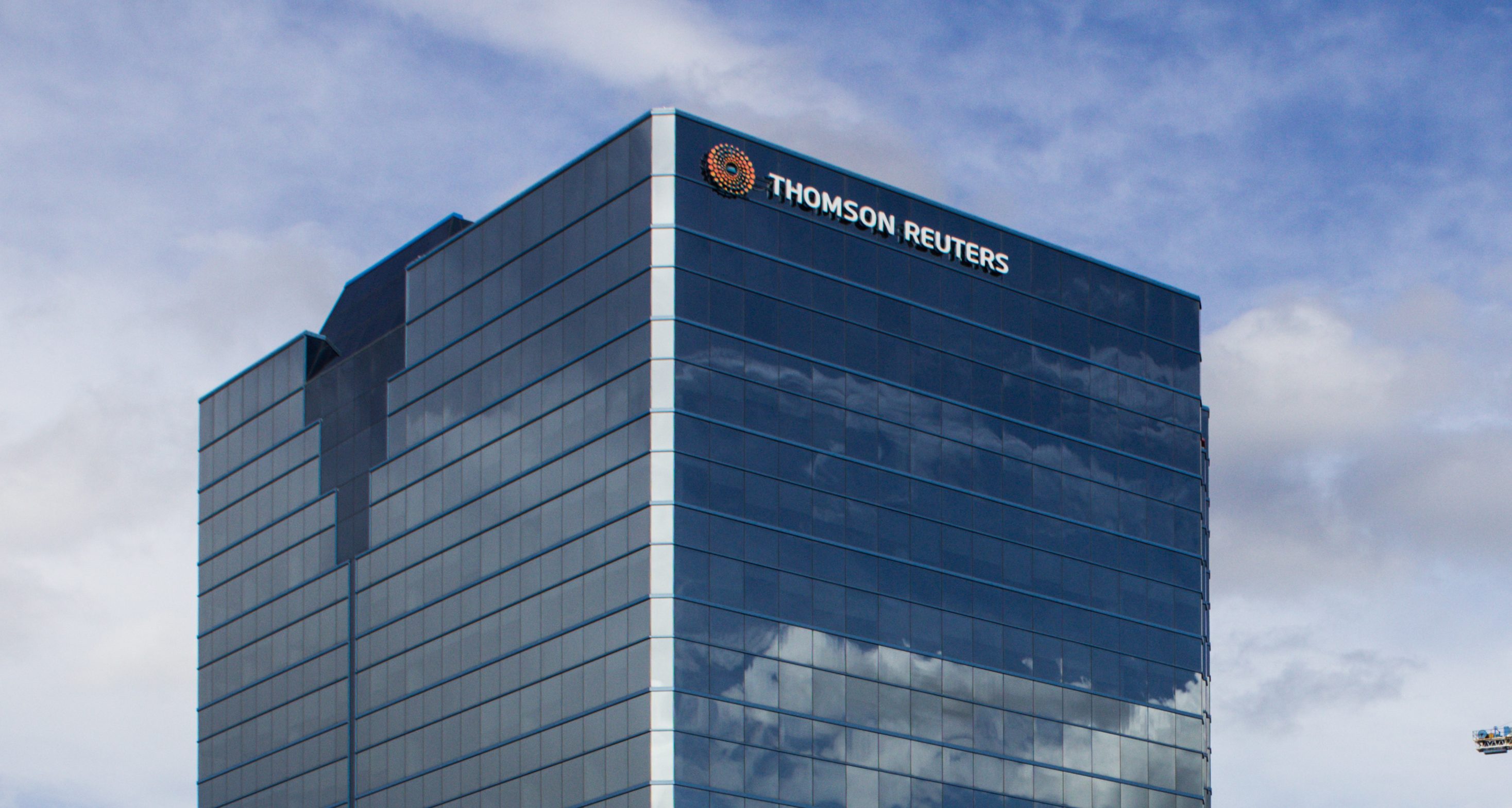Nigeria’s January approval of a 50% telecom tariff hike has unlocked over $1 billion in fresh infrastructure spending, with operators including MTN, Airtel, and Globacom, upgrading networks, importing equipment, and building new towers, Nigerian Communications Commission (NCC) executive vice chairman Aminu Maida said.
The NCC says the move restores the market principles that spurred Nigeria’s telecom boom after liberalisation in the early 2000s, arguing that cost-reflective pricing is essential to sustain investment and keep pace with surging data demand.
“The mere act of approving the increase has unlocked investment,” Maida said at a media parley on Friday, August 10. “Cumulatively, this year, we’re already seeing over a billion dollars going into core infrastructure. This wasn’t happening in 2022, 2023, or 2024.”
The 50% tariff increase was controversial but, according to the NCC, unavoidable. By realigning prices with market dynamics, the Commission argued, it created breathing space for operators to reinvest.
“This is a deregulated sector, but over the last decade we drifted back into price control, almost like the old NITEL era,” Maida said. “Operators were locked into stagnant tariffs while other players across the value chain—tower companies, fiber providers—adjusted their contracts annually for inflation and forex. Investments dried up. By allowing tariffs to rise, we’ve restored balance and unlocked the capital the industry desperately needs.”
The effects are visible on the ground. MTN Nigeria, the country’s largest operator, invested ₦565.7 billion (about $377.1 million) in infrastructure during the first half of 2025—a 288.4% surge year-on-year. The spending supported accelerated rollouts of 4G sites, fiber network expansion, passive infrastructure, and the launch of a major Tier 3 data center.
Airtel Nigeria also stepped up its commitments. In Q2 2025 alone, it spent $39 million upgrading and expanding its mobile and broadband networks. The company further announced a $120 million investment in a 38-megawatt hyperscale data center at Lagos’ Eko Atlantic, scheduled to open in 2026.
Even once dormant players are re-entering the investment cycle. “One of our local operators that had not bought new equipment for three years has started upgrading again,” Maida noted.
A sector at breaking point
Nigeria’s telecom market, the largest in Africa, has long been a driver of growth and innovation. But between 2020 and 2024, operators faced mounting financial pressure. While the government pursued ambitious plans to expand broadband and roll out 5G—anchored by projects such as 90,000 kilometers of new fiber and 7,000 additional towers worth over ₦3.3 trillion ($2.2 billion at ₦1,500/$)—operators struggled to fund their capital expenditure.
Foreign direct investment (FDI) into telecom had weakened under macroeconomic headwinds, including naira depreciation and foreign exchange shortages. Though FDI rebounded to $304 million in H1 2024 (compared to just $134.75 million for all of 2023), operators’ capital outlays were squeezed. Telecoms capex dropped 30% in 2022 to ₦785 billion, down from ₦1.1 trillion in 2021.
“The reality is this is an industry that requires continuous investment,” Maida explained. “Globally, people are already experimenting with 6G while we are still rolling out 5G. No one is going to wait for us. But would you put $1 into a business and accept to get less than $1 in return?”
The mechanics of investment
Unlocking funds is only the first step. As Maida pointed out, turning capital into service improvements takes time and coordination. Equipment must be ordered, manufactured, shipped, cleared through customs, transported to sites, and installed. In some cases, existing towers can be upgraded; in others, entirely new sites must be acquired—a process complicated by land disputes and changing urban development patterns.
The sector’s heavy dependence on imports adds further challenges. “There’s nothing you need to build a network in Nigeria today that you can buy locally,” Maida said. “All the critical hardware and software are produced abroad, primarily in China, Finland, and Sweden by Huawei, ZTE, Nokia, and Ericsson.”
Diesel remains another constraint, with operators consuming more than 40 million liters monthly to power their networks. The commissioning of the Dangote refinery offers hope for improved supply and reduced costs in the future.
A fragile but hopeful outlook
For regulators, the tariff decision is about more than short-term cash flow. It signals a return to consistent, market-driven policy—something Maida argues is essential if Nigeria is to attract and retain foreign capital.
He draws a lesson from China’s rise as a telecom manufacturing powerhouse: “They had a long-term strategy, consistent policy, and invested in manpower and manufacturing. Nigeria can get there, but it won’t happen overnight. What we can do now is make sure the investment climate is fair and predictable.”
The results suggest the gamble is paying off. Infrastructure investment in just the first half of 2025 has already outstripped annual spending in previous years, positioning Nigeria’s telecoms to expand capacity, improve the quality of service, and prepare for future technologies.
“The bottom line is simple,” Maida said. “For service to improve, investment has to happen. And for investment to happen, operators need a fair chance to recover costs. That’s what this tariff adjustment has delivered.”
Mark your calendars! Moonshot by is back in Lagos on October 15–16! Join Africa’s top founders, creatives & tech leaders for 2 days of keynotes, mixers & future-forward ideas. Early bird tickets now 20% off—don’t snooze! moonshot..com













